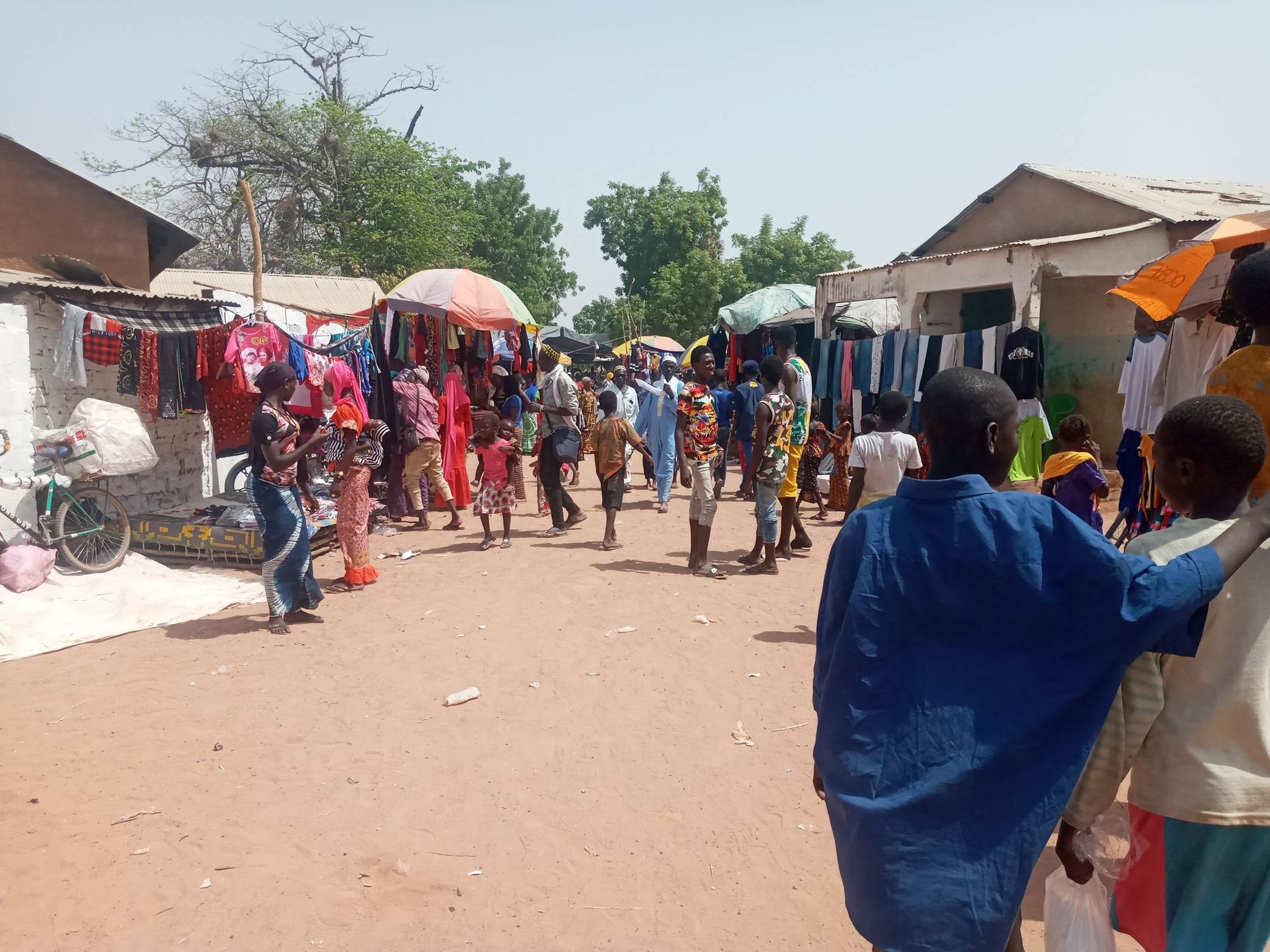By: KebbaAnsu
Access to electricity supply for rural Gambians remains a nightmare and a major concern for many residents who goes for decades without electricity supply. This situation remains unabated since the country attains its independence in 1965, thus causing huge economic lost to both the state and residents alike.
Recently, The Voice Newspaper Reporter visited Sami District communities of Pachonki, Medina and Suruwa Kunda and spoke to scores of residents who recount series of their constraints as regarding lack of electricity supply and its impact on their livelihoods, businesses, agriculture and education.
Sira Bah, a native of Sami Pachonki, revealed that throughout her live her community has never benefited any form of electricity supply, noting that the main sources of electricity in her village are generators and solar lightening panels that few can afford.
Sira, is now 43 years old with four children all attending Sami Pachonki Lower Basic School but encountering the same faith and challenges their forefathers have been battling with without success.
“There has never been any form of electricity supply for this village since I know myself, the only source of electricity in this village are generators and solar panels.
Am not even sure whether the provision of electricity supply to this village is in the plans of the current government yet,” Sira Bah, desperately told this medium.
According to her, the lack of electricity supply and its impact for Sami Pachonki are huge, disclosing that it has affected the chances of women wanting to engage in businesses as well as school children who could have benefitted to enhance their learning processes.
She told this medium that her school children lose a lot of lessons during the Covid-19 lockdown as they could not have access to radios and televisions aired lectures. On this, she said many students lost the opportunity of following lesson on radios and televisions because of lack of electricity.
Chamang Sallah, a Youth Leader in Sami Medina revealed that lack of electricity for his community has resulted to huge rural-urban migration among the youthful population, disclosing that many youths with skills are left with no option but to relocate to communities where there is electricity supply to embark on their businesses and skills development.
“As a result of lack of electricity, many youths with skills have to move to other towns and cities in the country. These youths could have stayed suppose there is electricity supply thus contributing to the development of Sami and help develop the skills of the young ones,” Sallah disclosed.
According to him, many households living in Sami districts depends on Senegal for ice blocks during the holy month of Ramadan, noting that many others find it extremely difficult to purchase a one ice block costing D50.
Sallah, continued that Sami District has been neglected for far too long in terms of basic infrastructures from the government, disclosing that electricity, water, seed-stores, horticultural gardens for women, markets, animal drinking points among others are all lacking in the district.
“Any compound you see there is light in these surrounding villages of Pachonki, Medina and Suruwa Kunda you should know that they are using generators and solar panels. Unfortunately, many families did not have money to buy generators or solar panels,” said Chamang Sallah. Lamin S Badgie, is a native of Brikama and currently doing business in Sami.
He told this medium that the underdevelopment of Sami in conjunction with dying businesses in the region can squarely be blamed on lack of electricity supply and the inability of the government to act.
According to him, many businessmen have ambitions to buy fridges and freezers to suit the needs of their customers in the provision of certain foodstuff, beverages and ice blocks to no avail, because from Laminkoto Badala, to Karantaba to Pachonki none of this villages ever benefitted electricity supply from the government.
“I think it is high time for Gambia government to start connecting the communities of Sami to the National Electricity Grid, they are equal Tax-Payers and should also have enough electricity supply just like other regions.
It’s definitely hard to understand why Sami is deprived of electricity looking at its population and contribution to the economy of this country,” Bojang observed.
The Sami based businessman calls on the Gambia government to expedite all efforts in electrifying the communities of Sami in a bid to accelerating growth and development for one of the backward region of the country.





